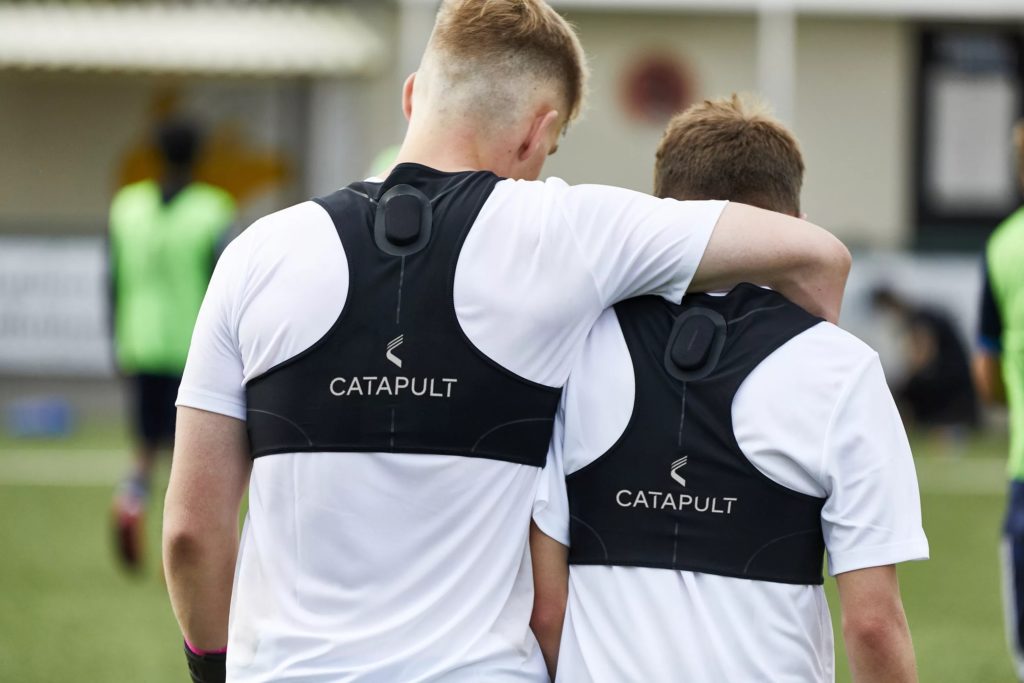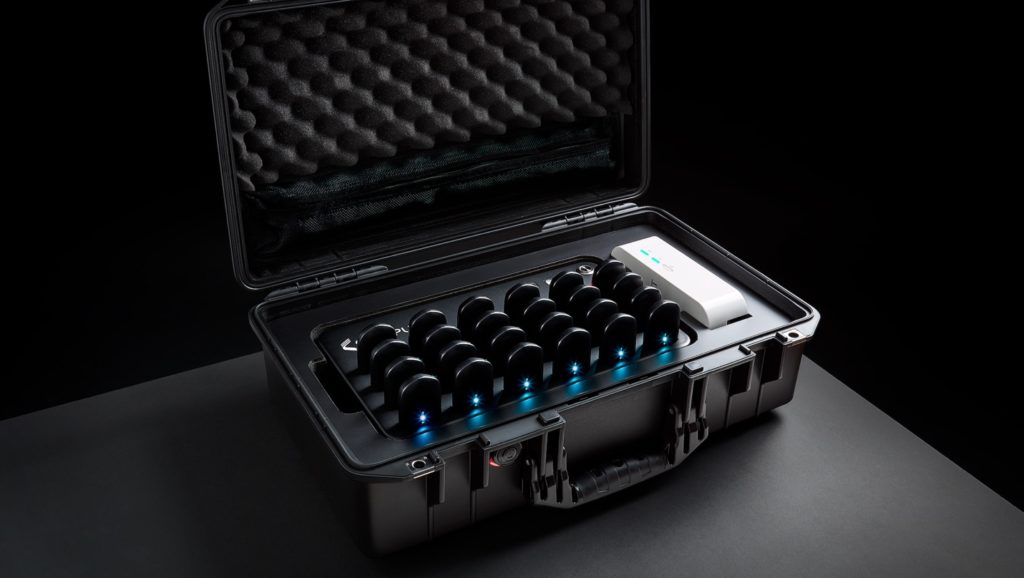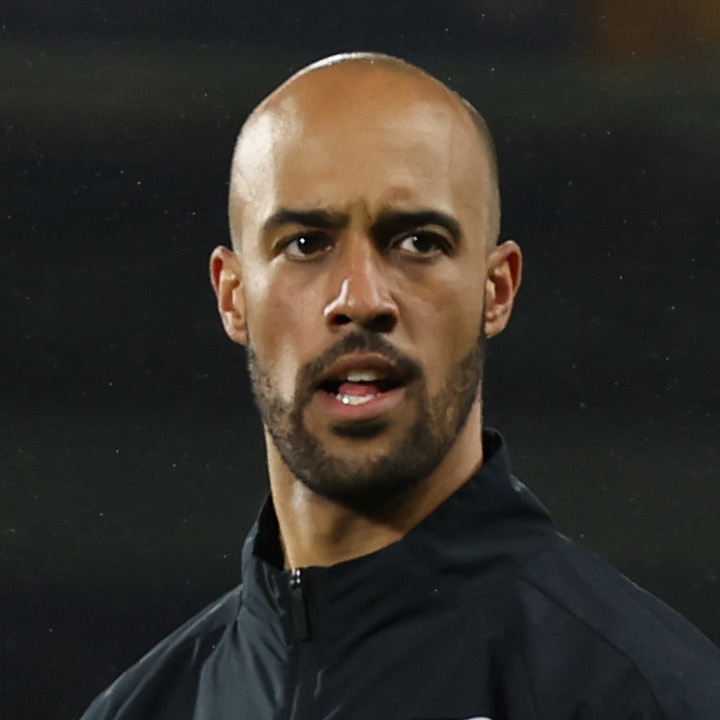The Graduate School of Sport and Professional Practice (GSSPP) and The University of Birmingham have invested in a full athlete-monitoring GPS system, provided by leaders in the field Catapult Sports, to use for student development, provide further performance support to our flagship sports and undertake applied research.

The GPS units themselves will be used in conjunction with the Universities Hockey and Rugby teams, monitoring each training session and game for two of our flagship sports. The use of GPS will be primarily facilitated by our 2nd and 3rd year GPS placement students, who will learn how to collect, download and analyse the GPS data whilst being supervised by 2 members of our applied teaching staff, Dr Liam Anderson and Daniel Lothian. The data that is collected by the placement students will not only directly inform the respective coaches and teams around players physical outputs and assist with long-term monitoring of each player, but also improve the schools teaching and research practices.
Here are a few different view points from some of the key stake-holders in the process.
Dan Lothian – Applied Sport Scientist – University of Birmingham
“One of the main uses of this system is to provide students with an opportunity to gain ‘hands on’ experience in utilising equipment that is commonly used within professional sport and giving them an opportunity to partake in a role that is becoming critical to the applied setting. In addition, we are now providing our sports coaches and players with high level information about their training and match play.”
Mark Moss – Head of Hockey – University of Birmingham
“The Catapult GPS system that supports our hockey program is outstanding. The ability to monitor players workload to make sure we balance and manage players fatigue levels. On top of that, allowing me to make training far more specific, linked around the players physical capabilities, trying to match our intensity levels and our work rate in training to that of our games. This makes our Hockey programme far more specific and I am really excited to see how far we can go with it in the future.”
Dr Liam Anderson – Assistant Professor in Applied Exercise Physiology
“This is part of a long-term strategy within the GSSPP to create more impactful, purposeful people. With the help of Catapult who provide continued support throughout this initiative has already proven effective.”

Sam Boyes – Business Development Manager – Catapult
“Catapult is grounded in research and education and we are proud of the partnerships that span educational institutions globally. We place great emphasis on helping prepare the next generation of practitioners and do so by partnering with best-in-class institutions.
Since partnering with University of Birmingham, use of our Vector S7 technology as part of BSc and MSc Sport and Exercise Science courses equips students with essential skills that will serve them well when they enter the world of work. As future sport and exercise scientists, they are well-prepared to apply this technology in real-world scenarios.
One of the key aspects of the University of Birmingham’s adoption of Catapult’s technology is how it has strengthened the bond between academia and performance sport. Dr Liam Anderson, Daniel Lothian and their team have incorporated this technology into teaching and research, as well as using it with the Rugby and Hockey BUCS teams. The application of this technology in collaboration with the University has created an invaluable synergy between theory and practice. This not only benefits the athletes with their physical preparation but also provides students with hands-on experience they’ll carry with them into their future careers.”
With Catapult also delivering workshops for applied students and flagships sports utilising the GPS data to inform their practices more, we look forward to seeing how this collaboration project continues to develop in the future.

D.T.Lothian@bham.ac.uk
